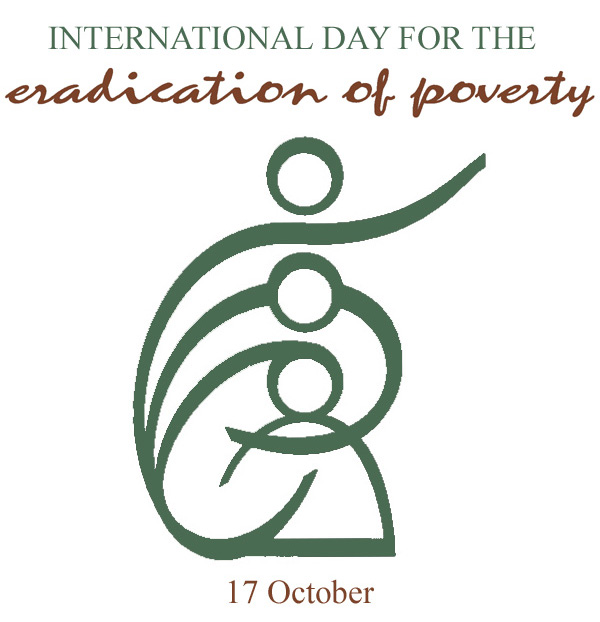 October 17th is once again the International Day for the Eradication of Poverty. This year’s theme is “From poverty to decent work: Bridging the gap.” Small and medium-sized enterprises (SMEs) are prime candidates to create sustainable work for the poor, but they face many obstacles including corruption and cumbersome business environments. Yet in a 2009 Survey on the Business Environment for SMEs in Egypt, CIPE found that not all SMEs surveyed had to pay bribes as part of licensing and registration, and those that didn’t pay bribes actually went through the process faster, on average, than those that did. How could that be?
October 17th is once again the International Day for the Eradication of Poverty. This year’s theme is “From poverty to decent work: Bridging the gap.” Small and medium-sized enterprises (SMEs) are prime candidates to create sustainable work for the poor, but they face many obstacles including corruption and cumbersome business environments. Yet in a 2009 Survey on the Business Environment for SMEs in Egypt, CIPE found that not all SMEs surveyed had to pay bribes as part of licensing and registration, and those that didn’t pay bribes actually went through the process faster, on average, than those that did. How could that be?
The paradox helps to illustrate the importance of democratic governance in eradicating poverty through decent and sustainable work for the poor. The job-creating SMEs that got through faster and without paying bribes weren’t simply fortunate to encounter angelic bureaucrats with divine work ethic. Those SMEs were armed with some understanding of the applicable laws and processes for starting a business, preventing officials from taking advantage of them and also helping the officials themselves better understand the laws at hand. With that understanding, the SMEs could be on more equal footing with the officials in those interactions.
So even while there’s room to streamline registration and licensing procedures to make it easier to start a business, there’s also room for SMEs to arm themselves with the knowledge of whatever processes do exist, what their rights are, what fees are real, and what to do when fees are fabricated. One of the most effective ways to help ensure that SMEs and the business community at large have that knowledge is to engage them as part of the rule-making process from the beginning. Business associations and chambers of commerce can use the convening power of membership-based organizations to facilitate that engagement.
Certainly not every entrepreneur is in position to understand the intricacies of regulations, permits, licensing, and legislation; associations and chambers can help in that regard too, by serving as a hub for local expertise and a place to document and compile latent ideas, questions, complaints, and abuses that can later inform dialogue on economic reform.
As discussions on eradicating poverty move past the idea that everybody should lift themselves up by becoming a self-employed entrepreneur, economic reform and who is involved in that process will take center stage. In Egypt and elsewhere, SMEs don’t just need better governance; they need to become engaged in governance.
Published Date: October 17, 2010